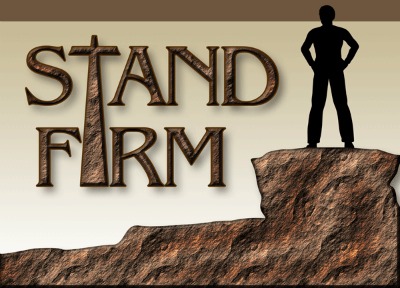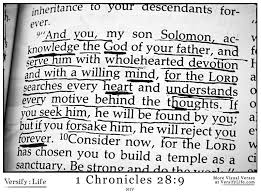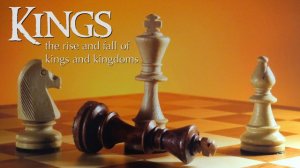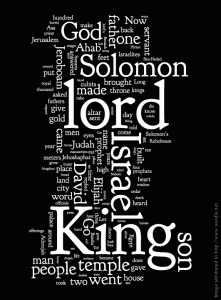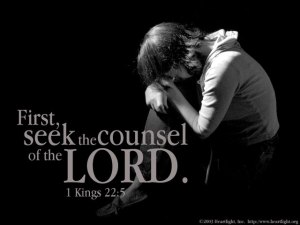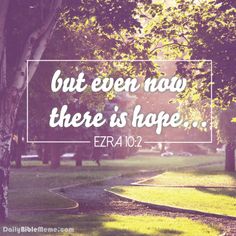 The books of Ezra and Nehemiah show the numerous ways that God was faithfully at work in restoring the people of Israel to their land after the Babylonian exile. Similar to the books of 1-2 Kings, 1-2 Samuel and 1-2 Chronicles, Ezra and Nehemiah form a single book in the Hebrew Old Testament. However, when the Greek version of the bible, the Septuagint, was composed, Ezra and Nehemiah were split into two separate books. Ezra is “best remembered for his reading of the Torah to the postexilic community and the consequent religious revival it inspired.
The books of Ezra and Nehemiah show the numerous ways that God was faithfully at work in restoring the people of Israel to their land after the Babylonian exile. Similar to the books of 1-2 Kings, 1-2 Samuel and 1-2 Chronicles, Ezra and Nehemiah form a single book in the Hebrew Old Testament. However, when the Greek version of the bible, the Septuagint, was composed, Ezra and Nehemiah were split into two separate books. Ezra is “best remembered for his reading of the Torah to the postexilic community and the consequent religious revival it inspired.
Interestingly, the book of Ezra begins with the same decree that ends the book of second Chronicles. Chronicles, however, shortens the decree and ends with an eschatological invitation whereas Ezra includes the entire decree. Most historians believe that the similarities between the books of Chronicles and Ezra-Nehemiah stem from the fact that they were composed by the same author. Again, the author was intentional about the history included in the work, emphasizing particular religious themes. The chronicler’s compilation of Ezra and Nehemiah was motivated by keen theological interests.
The focus of the book of Ezra is on the rebuilding of the temple. A nation without a temple is a nation without a God. The author of Ezra sought to emphasize the importance of reestablishing covenant relationship with the Lord. The rebuilding of the temple was a physical manifestation of “God’s fulfillment of earlier promises to restore the remnant of Israel. When the Hebrews returned to their homeland, they had been transformed under the ministry of Ezekiel. The first six chapters of Ezra consist of lengthy genealogies, aimed at establishing the legitimacy of the priesthood. The last half of the book focuses on rebuilding Israel’s spiritual life.
 The theological highpoint of the book of Ezra is the spiritual rebuilding of the people of Israel. Ezra committed himself to encourage the people. He set his heart to study the law and the Torah of Yahweh to practice and teach its statutes. In essence, he prepared himself for his coming role. “The call to spiritual renewal and social justice by the two reformers [Ezra and Nehemiah] was aimed at correcting abuses and gross misconduct among the returned remnant and instilling hope and boosting the morale of the people. God’s faithfulness to the covenant revealed that He was not done with His people. The Israelites had faith and “trusted God for the accomplishment of feats that served as concrete manifestations of His covenant keeping ability.
The theological highpoint of the book of Ezra is the spiritual rebuilding of the people of Israel. Ezra committed himself to encourage the people. He set his heart to study the law and the Torah of Yahweh to practice and teach its statutes. In essence, he prepared himself for his coming role. “The call to spiritual renewal and social justice by the two reformers [Ezra and Nehemiah] was aimed at correcting abuses and gross misconduct among the returned remnant and instilling hope and boosting the morale of the people. God’s faithfulness to the covenant revealed that He was not done with His people. The Israelites had faith and “trusted God for the accomplishment of feats that served as concrete manifestations of His covenant keeping ability.
A modern reader of the book of Ezra should take note of the way in which Ezra prepared himself for his work. Ezra knew that he was to bring about a spiritual renewal among the Israelites, so he set himself to study the Torah in order to practice and teach its statutes. Today, this should serve as encouragement to those who have heard God’s calling on their life. Like Ezra, seminarians work diligently to study the Word of God in order to prepare themselves for their coming ministry. If one lives a life that is pleasing to God, following all that he has commanded of them, then the Lord will give them the desires of their heart, and use their life to His glory.

